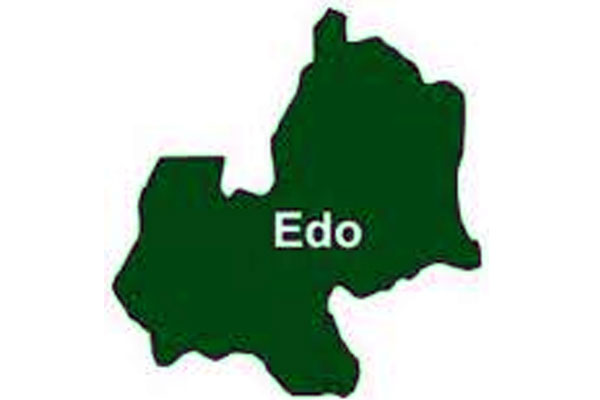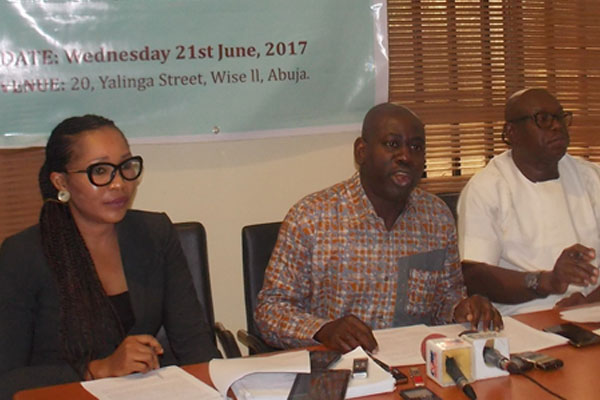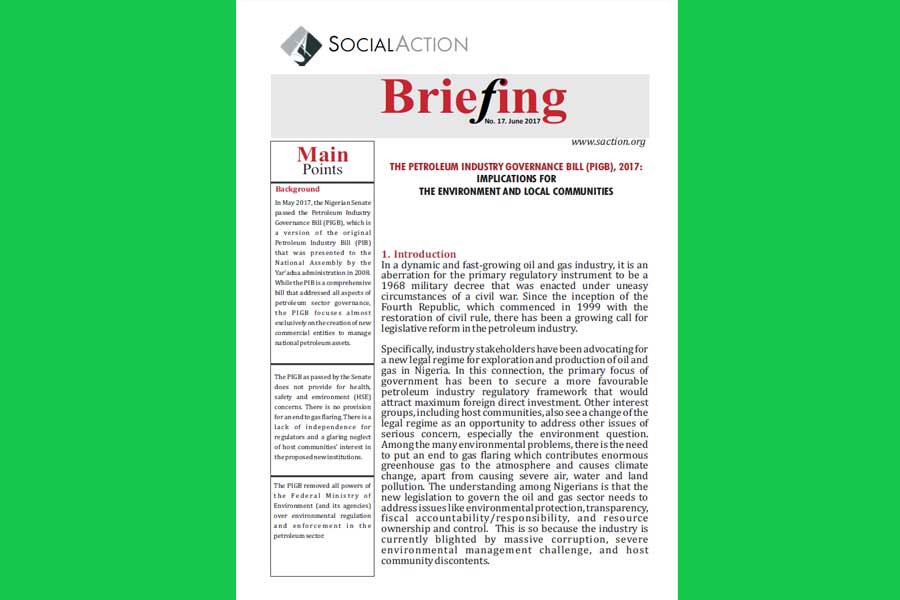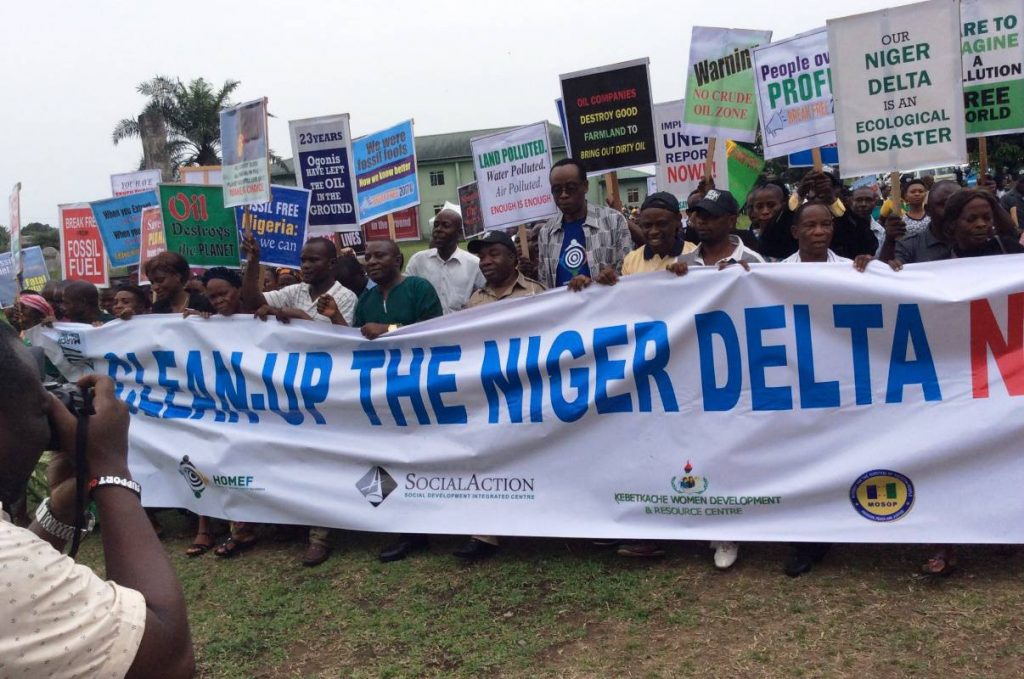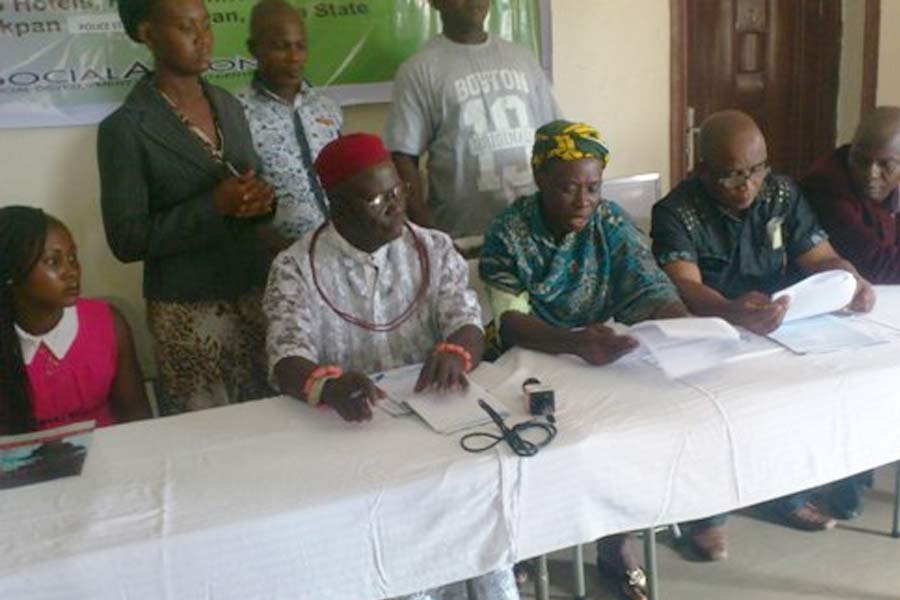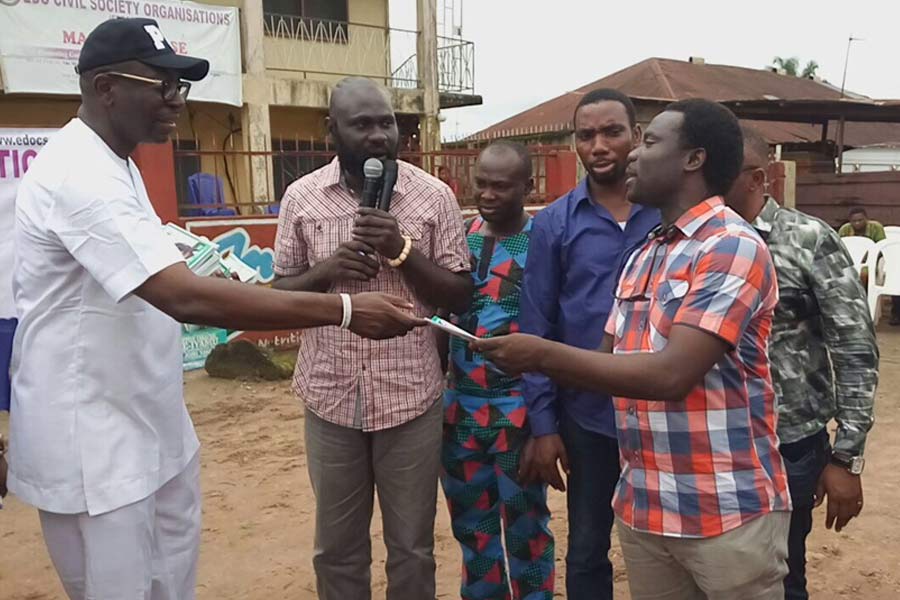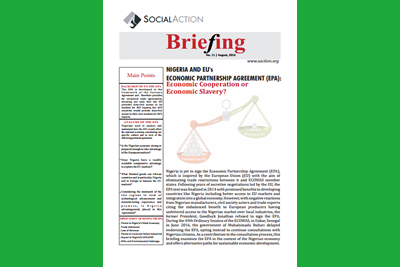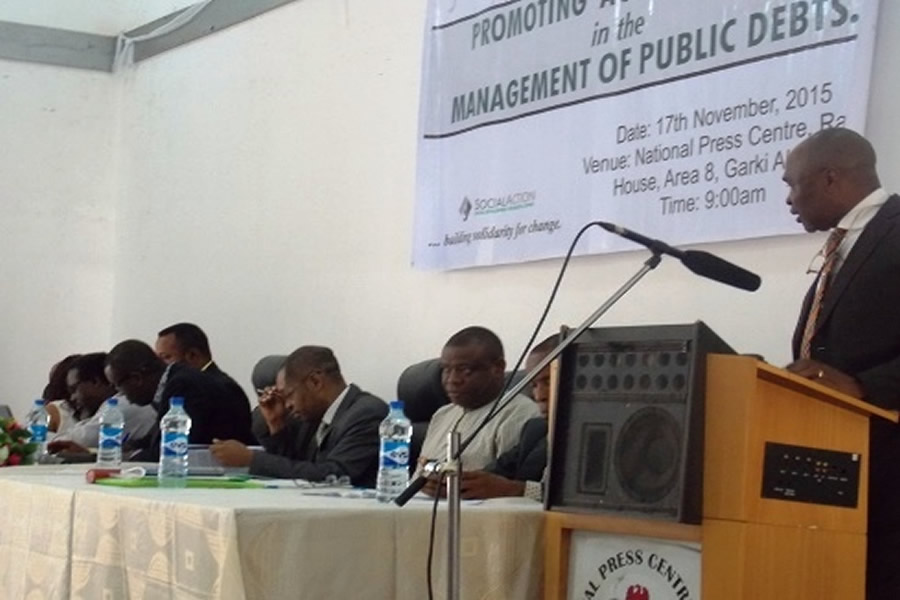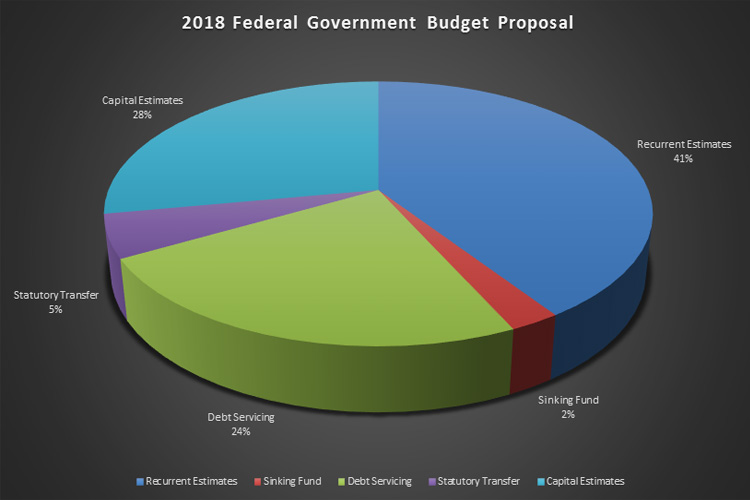
By Isaac Botti, Programme Officer, Social Action, Abuja.
The Nigerian federal government on Tuesday, November 7, 2017, presented its 2018 Appropriation Bill to the National Assembly for consideration and approval. The 2018 federal budget is tagged “Budget of Consolidation”, developed to consolidate on the achievements of the 2017 “Budget of Recovery and Growth”. Taken together, the impression is that the government crafted the earlier budget to revamp and stabilise the economy, while the current proposal is to solidify those gains.

